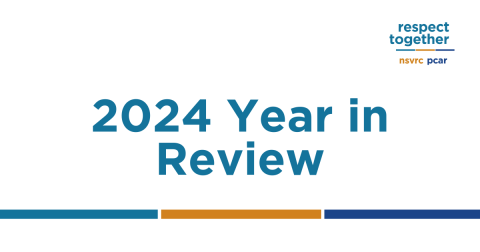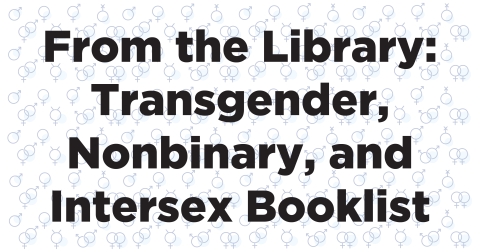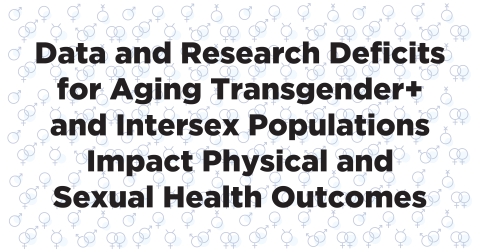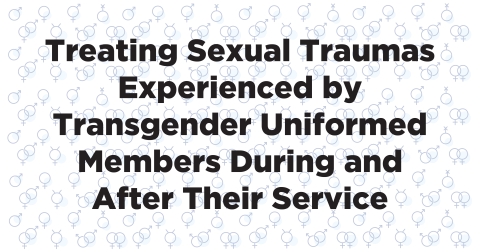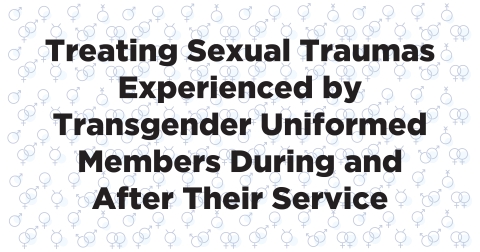- Mar 19, 2025
- Halle Nelson
Sexual Assault Awareness Month (SAAM) is more than just a monthly observance.
- Mar 10, 2025
- NSVRC
Collectively, Respect Together and our main divisions, the National Sexual Violence Resource Center and the Pennsylvania Coalition to Advance Respect, have accomplished so much this past year. Our community, supporters, and partners play an integral role in each of our successes. This Year in Review reflects on some key highlights and outcomes of this past year’s work together.
Check out Respect Together's 2024 Year in Review- Feb 20, 2025
- Laura Palumbo
Respect Together, the umbrella organization of the National Sexual Violence Resource Center (NSVRC) and the Pennsylvania Coalition to Advance Respect (PCAR), acknowledges the unpublishing of content from our websites following the current administration's executive orders. The organization is in the process of restoring these pages.
- Feb 12, 2025
- Sally Laskey
February 10-14, 2025 is international Love Data Week exploring critical questions about data ownership and origins. This year's theme challenges us to examine where data comes from and who owns it before we use it in our work.
- Feb 07, 2025
- Laura Palumbo
February is Teen Dating Violence Awareness Month (TDVAM). Use these resources to raise awareness and prevent teen dating violence in your community!
- Jan 30, 2025
- Jennifer Benner
Check out the most-read NSVRC blogs in 2024. Each blog is on a unique topic related to sexual violence. Below you will find the top five blogs from 2024 and the top five blogs that readers still enjoy.
- Jan 14, 2025
- Melissa Powers
The NSVRC Library highlights books that explore the experiences of gender minorities, especially as it pertains to health equity and sexual violence.
- Jan 14, 2025
- Kylie Madhav
NSVRC spoke with SAGE (the National Resource Center on LGBTQ+ Aging) about sexual health disparities as they relate to transgender elders and why more research and data is needed to understand the needs of this population.
- Jan 14, 2025
- Freyja Eccles
NSVRC speaks with SPARTA Pride about sexual trauma experienced by transgender people in the uniformed services (Military, Navy, Air Force, etc.).
- Jan 14, 2025
- Freyja Eccles
NSVRC speaks with SPARTA Pride about sexual trauma experienced by transgender people in the uniformed services (Military, Navy, Air Force, etc.).
Pagination
- Page 1
- Next page


